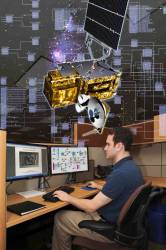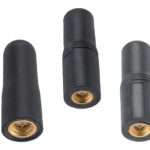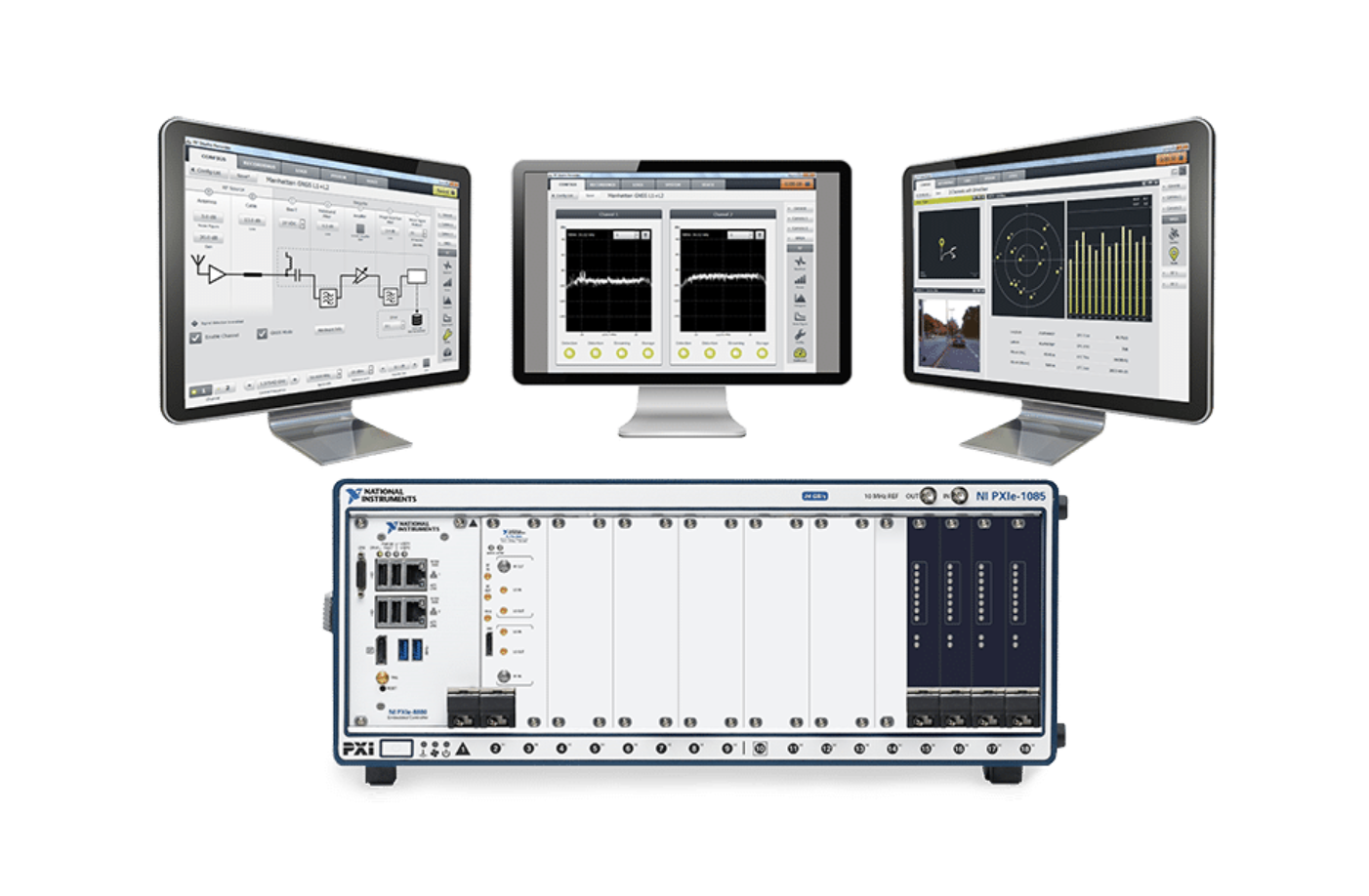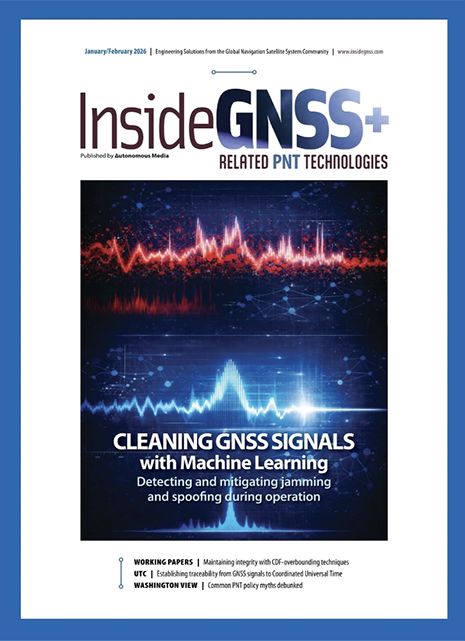 Inside the LM Space Vehicle Integration Laboratory. Lockheed Martin photo
Inside the LM Space Vehicle Integration Laboratory. Lockheed Martin photoLockheed Martin has announced that its new Space Vehicle Integration Laboratory (SVIL) near Denver, Colorado, has achieved initial operational capability and is supporting the company’s satellite development program activity, including the production run of the next-generation GPS IIIA spacecraft.
Lockheed Martin has announced that its new Space Vehicle Integration Laboratory (SVIL) near Denver, Colorado, has achieved initial operational capability and is supporting the company’s satellite development program activity, including the production run of the next-generation GPS IIIA spacecraft.
Located at Lockheed’s Waterton Canyon facility in south Jefferson County, the SVIL is an enterprise-wide asset established to apply innovative processes, procedures, products, and services to enable more efficient and lower risk space vehicle component and flight software integration. The laboratory leverages state-of-the-art computer hardware and software technologies to allow a more thorough understanding of how space vehicles, at various stages of their development life cycles, will eventually operate on-orbit.
“The SVIL serves to help programs significantly reduce up-front systems engineering and implementation costs by focusing on complete traceability from early requirements to implementation in a single, integrated vehicle engineering framework,” said Rick Ambrose, Lockheed Martin vice president & general manager of its Surveillance and Navigation Systems line of business.
Configured in a commercial-based plug-and-play architectural framework, the laboratory’s ability to quickly develop, execute, and test integrated modular space vehicle component simulations allows users to rapidly simulate and test space vehicle architectures and component designs and interfaces in “flight-like” conditions long before flight qualified parts are available.





